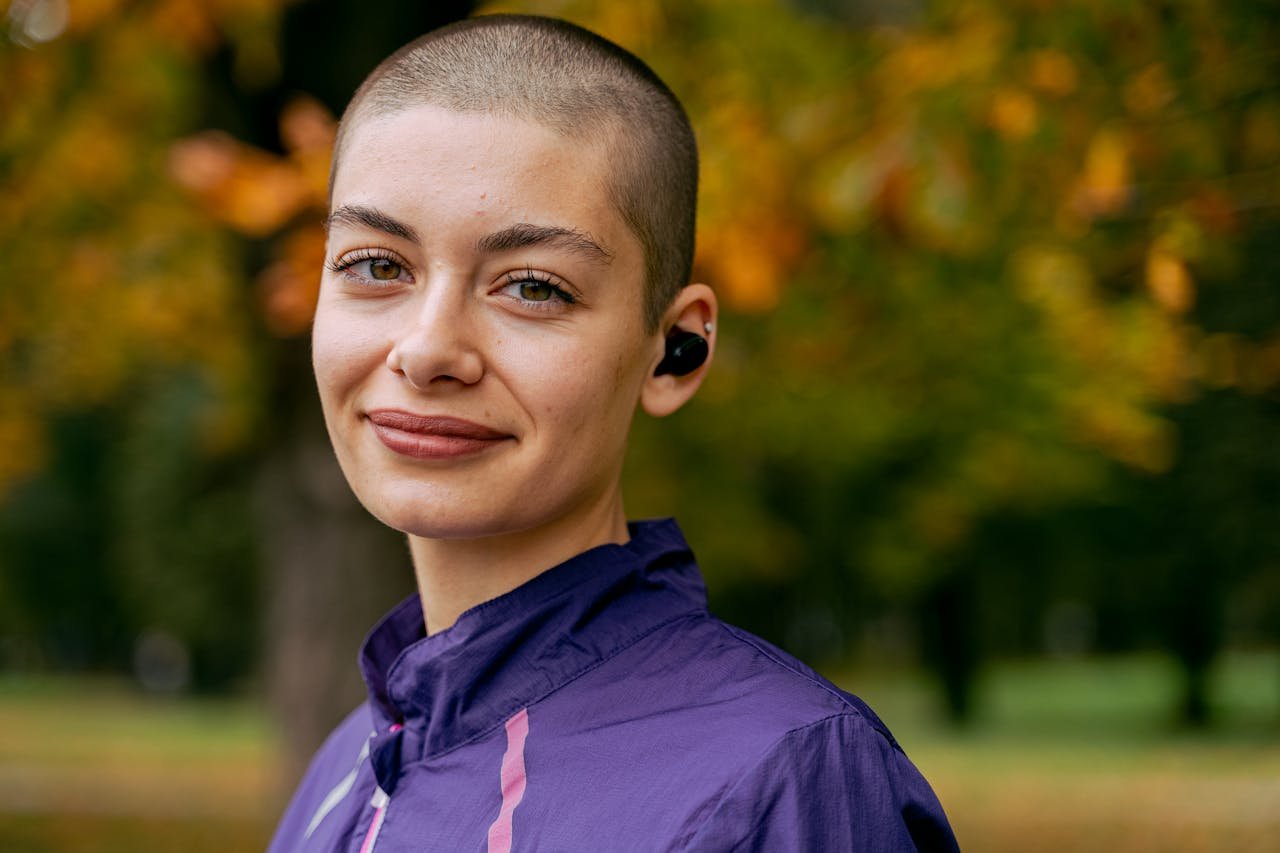Paige and Microsoft have announced a significant breakthrough in cancer diagnostics with the launch of their next-generation AI models, Virchow2 and Virchow2G. These models are poised to revolutionize the field of cancer pathology by offering unprecedented precision and efficiency.
Data-Driven AI Models
The Virchow2 and Virchow2G models have been trained on an extensive dataset comprising over three million pathology slides sourced from 800 labs across 45 countries. This diverse and rich dataset, derived from 225,000 de-identified patients, ensures that the models can effectively recognize cancer across various demographics, including different genders, races, ethnicities, and geographical regions.
Unmatched Scope and Performance
One of the standout features of these models is their extensive applicability. They are designed to analyze over 40 different tissue types and various staining methods, making them versatile tools in cancer diagnosis. Virchow2G, in particular, is notable for its scale, featuring 1.8 billion parameters, making it the largest pathology model ever created.
According to Dr. Thomas Fuchs, founder and chief scientist at Paige, the potential of these foundation models in advancing computational pathology is vast. He envisions significant improvements in diagnostics, targeted therapies, and personalized patient care, driven by these advanced AI technologies.
Precision Medicine and Beyond
The introduction of these models marks a significant step toward the realization of precision medicine. As Razik Yousfi, senior vice president of technology at Paige, notes, these AI models not only enhance the accuracy and efficiency of cancer diagnosis but also push the boundaries of what’s possible in pathology and patient care.
Paige’s clinical AI application, powered by these models, enables pathologists to quickly and accurately identify cancer in over 40 tissue types. This tool reduces the risk of diagnostic errors, even in cases involving rare cancers, thereby making the diagnostic process more efficient.
Impact on Research and Pharma
Beyond clinical diagnostics, Paige’s AI modules offer substantial benefits to the life sciences and pharmaceutical industries. These tools can assist in therapeutic targeting, biomarker identification, and clinical trial design, potentially leading to more effective trials and faster development of new therapies.
For researchers, Virchow2 is available on Hugging Face for non-commercial research purposes, while the complete suite of AI modules is available for commercial use. This accessibility promises to accelerate advancements in cancer research and treatment across the scientific community.
Conclusion
Paige and Microsoft’s collaboration on Virchow2 and Virchow2G represents a major advancement in the fight against cancer. By combining vast datasets with cutting-edge AI technology, they have set new standards in cancer prediction and diagnostics, paving the way for personalized treatments and innovative research in oncology.






